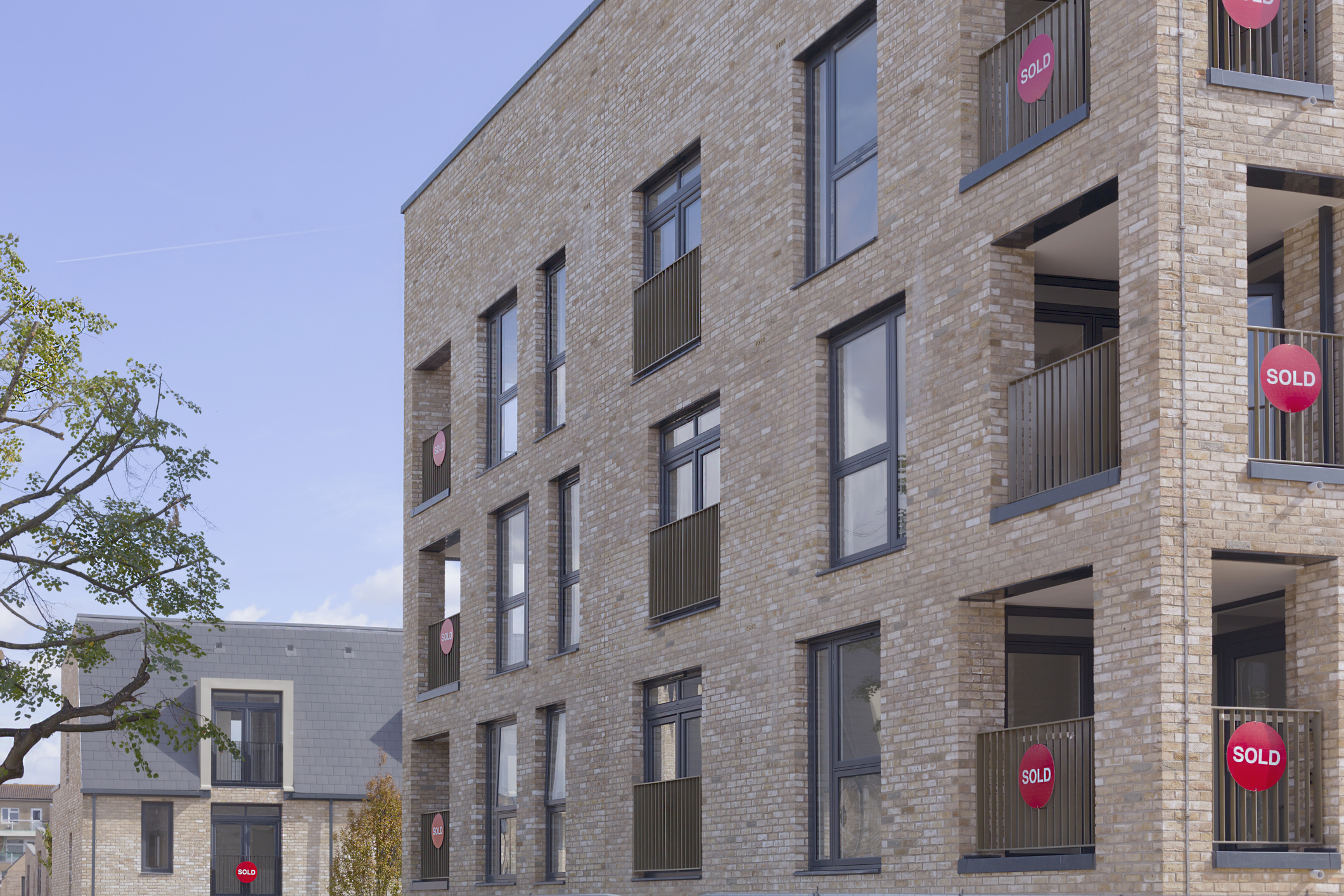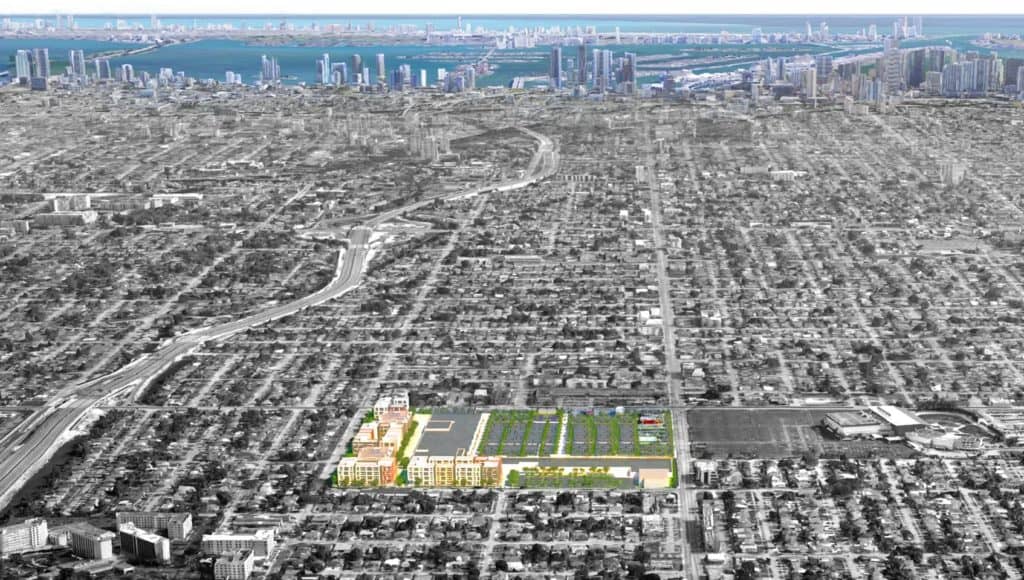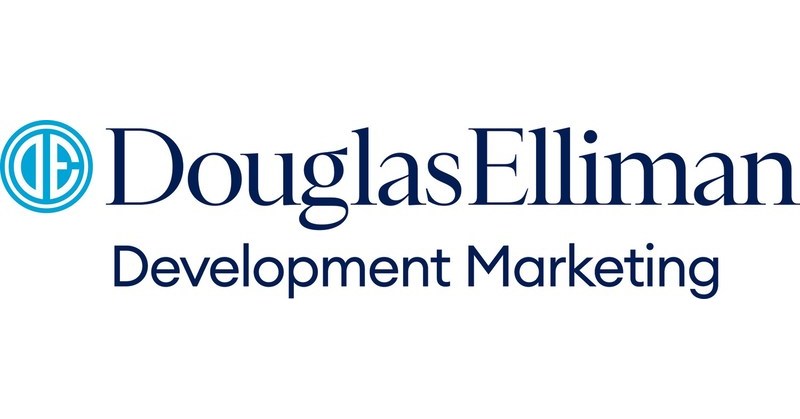Older Condo Woes Make it Harder to Buy/Sell Units
FORT LAUDERDALE, Fla. – After Rich Engels’ mother died earlier this year, Engels decided to sell her condo unit in Sunrise Lakes Phase 4. He lined up a buyer, but he said the deal fell apart after the lender learned that the condo building had no wind insurance.
Lenders won’t approve mortgage loans on buildings that are not insured with full replacement coverage.
It’s a growing problem as South Florida condominiums face a perfect storm of rapidly increasing insurance costs, tougher requirements to maintain reserves to cover repairs, and heightened scrutiny of inspections by lenders who rely on Fannie Mae and Freddie Mac, the federally-created guarantors of most U.S. home loans.
Engels eventually sold the condo to a buyer who could pay cash. But he says he settled for $40,000 less than what he was offered by the customer seeking the mortgage loan.
“We were planning to put some of the money away for each of the grandkids and give some to our kids,” Engels said. “I had to break my promise. It hurt a lot.”
Hal Abramowitz, treasurer of Sunrise Lakes Phase 4, Inc. 1, said the association’s insurer notified the association in June that it planned to drop its wind coverage in August. The reason, he said, was that the 20-building complex had roofs that had exceeded their lifespans. Construction was underway to replace four roofs while work on another eight is scheduled for next year, he said.
The association kept the funds it would have spent on insurance in its operating account to use to repair any hurricane damage this year, Abramowitz said. With hurricane season scheduled to end Nov. 30, it looks like the association dodged a bullet, he said. “We saved several hundred thousand dollars,” Abramowitz said.
The association plans to get its windstorm insurance reinstated next year after the remaining roofs are replaced, he said.
‘Master’ insurance costs rise as lenders look closer
About 30% of condo buildings constructed between the late 1960s and 1990s that haven’t replaced their roofs or have other structural issues face difficulties obtaining full-coverage insurance required by lenders, said Dulce Suarez-Resnick, vice president of the Miami-based agency Acentria Insurance.
State law requires condo associations to use their “best effort” to obtain and maintain “master” policies that cover the exteriors of their buildings, plumbing and electrical systems, and all common areas of the condominium complexes.
Those policies are separate from the individual homeowner policies that unit owners buy to protect the fixtures inside their units, such as bathroom and kitchen fixtures, and the floor, wall and ceiling.
Insurance rates for master policies have increased so much over the past year – from 25% to 70% – that a growing number of condo associations are finding they can’t afford full coverage in the private insurance market, Suarez-Resnick said.
One of her clients, North Bay Village, a 120-unit condominium in Miami Beach, was offered a wind-only policy for $428,000 that covered just a third of the condominium’s replacement value, she said. Instead, the association that runs North Bay Village found a full-coverage policy for $505,000 from state-owned Citizens Property Insurance Corp., Florida’s insurer of last resort.
Hundreds of condo associations have turned to Citizens in recent months.
The number of condominium complexes that Citizens covers increased by 142% – from 1,696 to 4,109 – between June 30, 2022, and June 30, 2023, according to data that the company provides to the Florida Office of Insurance Regulation.
Meanwhile, the replacement value of the condominiums that Citizens is covering increased by about 338% – from $15.9 billion to $69.7 billion. And the premiums collected by Citizens to cover the condominiums increased by about 481% – from $99.1 million to $575.6 million, the data shows.
Weston Property & Casualty Insurance’s failure in August 2022 left just a handful of options for condo associations, Suarez-Resnick said.
The largest, American Coastal Insurance Co., had 5,224 commercial condo policies at the end of June – up from 4,378 the previous year. Others are Heritage Property & Casualty, Cypress Property & Casualty, and QBE Insurance Corp., she said.
Some condominiums are forced to purchase from surplus lines carriers, which offer coverage but with high, uncompetitive premiums, she said.
In 2022, the state Legislature barred insurers from denying coverage because of a roof’s age if the roof is less than 15 years old. For roofs older than 15 years, insurers cannot reject coverage because of age if an inspection determines the roof has five or more years of useful life left.
That means condo associations must work quickly to develop plans to replace their roofs if inspections determine they have less than five years left, Suarez-Resnick said.
Fannie Mae and Freddie Mac draws a line
Craig Garcia, president of Capital Partners Mortgage Services in Miami, says he has seen some condo buildings without any wind coverage but calls it unusual.
What’s more common, he said, are condos that cannot afford full replacement coverage for their roofs are settling for actual cash value coverage. Yet, Fannie Mae and Freddie Mac require full replacement coverage for loans they back.
He’s also seeing wind policies with deductibles over the maximum 5% allowed by Fannie Mae and Freddie Mac.
With reduced insurance availability and rising prices, many associations are choosing to remain insured and not worrying about whether Fannie Mae and Freddie Mac approve, Garcia said.
“The last thing you’re thinking about is, ‘What does the mortgage lender think about this?’” he said. “It would behoove associations to have in mind what encourages the sale of condo units – to keep values up.”
Of larger concern to Garcia are new guidelines by Fannie Mae and Freddie Mac that took effect in September that are also preventing lenders from making mortgage loans on condo units. Spawned by the June 2021 collapse of the Champlain Towers South in Surfside, the guidelines require lenders to request and closely review documentation from condominiums that includes the status of material deficiencies that impact the buildings’ safety, soundness, structural integrity or habitability, as well as their financial viability or marketability.
Records will also be required documenting the status of special assessments, structural or mechanical inspection reports conducted over the past three years, recent repairs, and other documentation such as board meeting minutes, engineer reports, and reserve studies.
Condo buildings can be declared ineligible for financing backed by Fannie Mae or Freddie Mac if the documents show a critical repair is needed or a special assessment is in place that has not yet resulted in repair of the deficiency, according to an analysis of the new guidelines by the Massachusetts law firm Moriarty Bielan & Malloy LLC.
A list of ineligible properties are available to lenders, but they are not allowed to share it publicly.
“Prior to September, the mortgage companies would ask about the condition of the building and a general response was good enough,” says Ryan Papy, president of Keyes Insurance, an affiliate of Capital Partners Mortgage Services. “Now they want the full inspection and they go through it item by item. A large population of condos in our area do not pass this test and will only be suitable for cash buyers.”
Property managers and associations are still becoming familiar with the process, he said, adding, “Right now, it is chaotic to say the least.”
Reserve study requirement adds pressure on associations
And it comes as associations are figuring out how to comply with new legal requirements for condo buildings three stories or taller to complete Structural Integrity Reserve Studies no later than Dec. 31, 2024.
The study, currently required only in Miami-Dade and Broward counties, must include evaluations of specific structural elements, including the roof, load-bearing walls, foundation, floor, plumbing, waterproofing and fireproofing, windows, electrical systems, and any other item with a repair or replacement cost of more than $10,000 that would negatively affect the structure of a building if not corrected.
The studies will have to identify the remaining useful life of the common areas being inspected and recommend annual reserves that associations must raise to repair or replace the elements.
Effective Dec. 31, 2024, associations will no longer be permitted to waive or reduce funding for the reserve items in their annual budgets, or use reserve funds earmarked for the required structural items for any other purpose.
The studies will reveal more roofs that have reached the ends of their useful lives, along with other damage requiring immediate repairs to keep buildings insurable.
The costs associated with the required studies, along with costs to make required repairs and the rising cost of insurance threaten to make Florida condo life unaffordable for a growing number of retirees, Abramowitz said.
“Obviously something has got to give at some point,” he said.
© 2023 South Florida Sun-Sentinel. Distributed by Tribune Content Agency, LLC.



